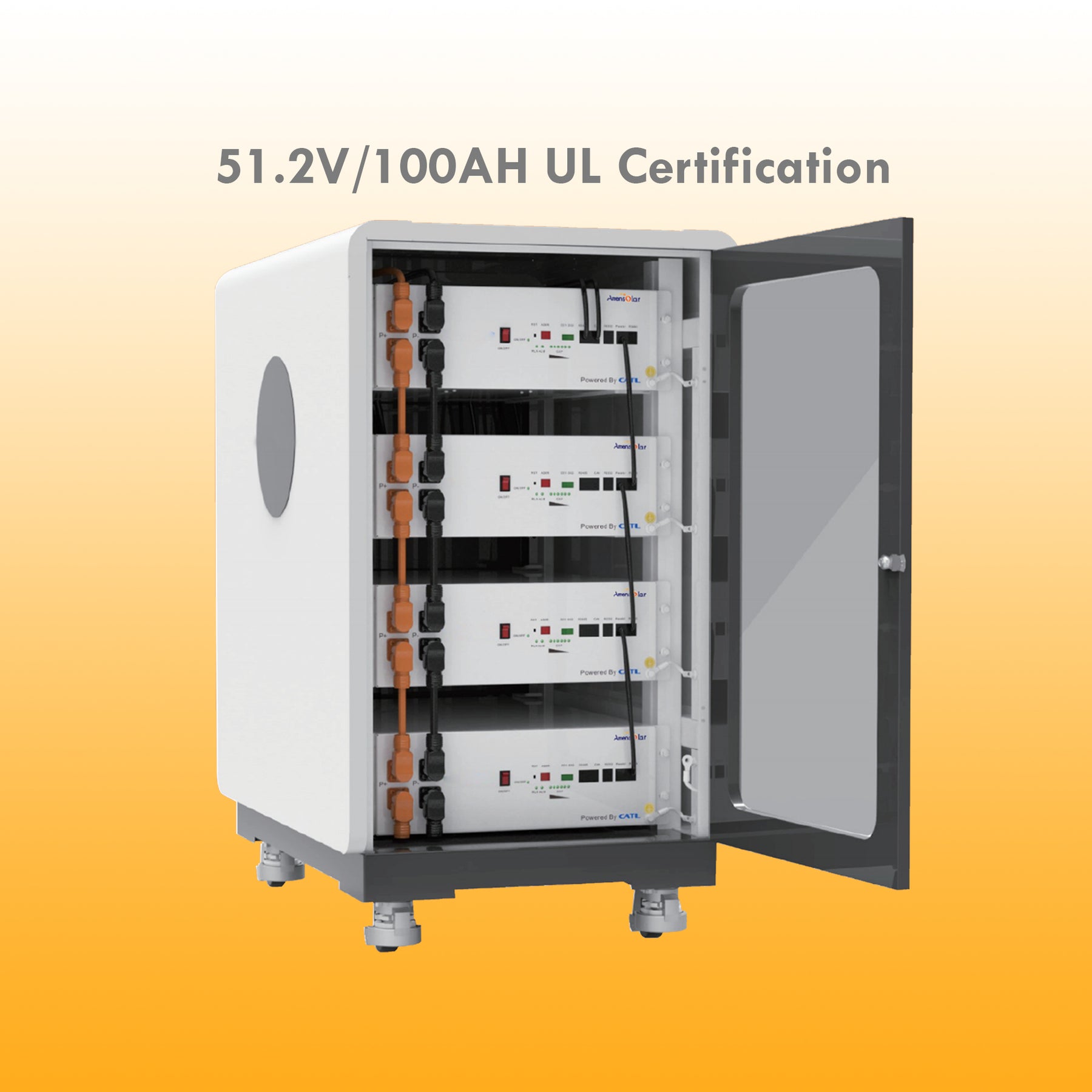
Battery Types and Benefits Conversions Technology
There are several different types of batteries available on the market, each with its own unique characteristics and benefits. Here is a detailed description of some of the most common battery types:
1. Lithium-ion (Li-ion) batteries: Li-ion batteries are rechargeable batteries that use lithium-ion technology to store energy. They are widely used in portable electronics, such as laptops and smartphones, due to their high energy density and relatively low self-discharge rate. Li-ion batteries are also widely used in electric vehicles and energy storage systems due to their high power density and ability to withstand deep discharging.
2. Lithium iron phosphate (LiFePO4) batteries: LiFePO4 batteries are a type of lithium-ion battery that uses a lithium iron phosphate cathode material. They are known for their high energy density, long life cycle, and high safety level. LiFePO4 batteries are commonly used in electric vehicles and renewable energy systems, as well as in portable electronics and power tools.
3. Lead-acid batteries: Lead-acid batteries are a type of rechargeable battery that uses a lead-acid cell to store energy. They are widely used in vehicles and backup power systems due to their low cost and high power density. However, lead-acid batteries have a relatively short life cycle and are prone to sulfation if not used regularly.
4. Nickel-metal hydride (NiMH) batteries: NiMH batteries are a type of rechargeable battery that uses a nickel-metal hydride cathode material. They have a relatively high energy density and low self-discharge rate, making them a popular choice for portable electronics. However, they have a lower power density compared to lithium-ion batteries and are less commonly used in high-power applications.
5. Gel batteries: Gel batteries are a type of lead-acid battery that uses a gel electrolyte instead of a liquid electrolyte. This makes them more resistant to vibration and shock, making them a good choice for use in off-road vehicles and other applications where durability is important. However, gel batteries have a lower energy density and are generally more expensive than traditional lead-acid batteries.
Benefits Chart:
|
Battery Type |
Energy Density |
Power Density |
Life Cycle |
Safety |
Cost |
|
Li-ion |
High |
High |
Long |
High |
High |
|
LiFePO4 |
High |
High |
Long |
High |
High |
|
Lead-acid |
Low |
High |
Short |
Low |
Low |
|
NiMH |
High |
Low |
Moderate |
High |
Moderate |
|
Gel |
Low |
Low |
Short |
High |
High |
